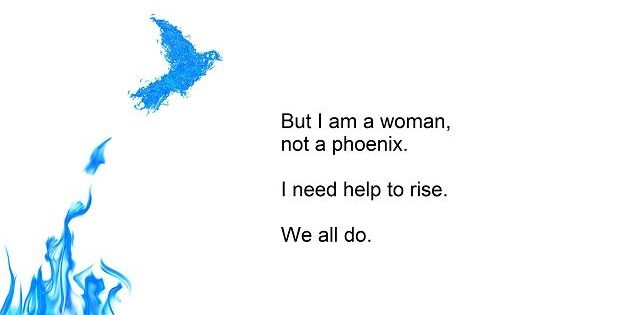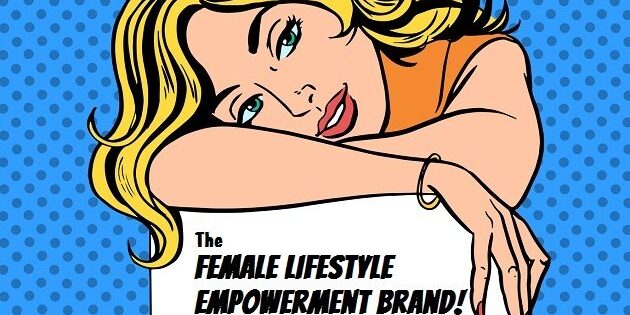Before You Hit Share on Facebook, Do This

Before you repost that sweet meme, take a second to check where it’s coming from.
In the last week, several people I know, respect and love shared a meme from Britain First, a seriously xenophobic and racist organization. In each case (and I asked them directly), they had no idea what Britain First actually stands for, and in no way wanted to endorse or grow that noxious platform.
The meme itself was about showing support for veterans, and they had fathers who served, so that’s why they reflexively shared it.
And that’s exactly Britain First’s sinister social media plan.
When you share things from them – happy veterans, pretty poppies, cute kittens – it creates the impression that you’re in alignment with their vision, and that’s what they intend. They’re trying to make themselves look more popular and mainstream than they are. That’s why they publish innocuous memes distinctly devoid of their primary “We hate Muslims and oppose ALL immigration!” message: because the seemingly-innocent images will get shared by lots and lots of people. By publishing positive memes that people share and ‘like’ far and wide – usually without realizing what the organization stands for – Britain First reaches a greater audience and appears more socially acceptable and influential.
Don’t help them by sharing their stuff. It’s akin to sharing some inspiring, uplifting quote…from the Klan.
So before you hit share, check the source. You don’t want to be a vegan endorsing a slaughterhouse, you know?
—
related: And when you want to discuss a bad-for-humanity website or article without sending them link-love and SEO juice, you can use donotlink. Here’s how they explain why and what they do:
You’ve all heard there’s no such thing as bad publicity. On the internet this is doubly true. When you link to a website — regardless of the reason — this strengthens its position in search engines. This means that a bad review of a website makes it more popular.
When you are discussing or alerting others to a website that promotes a fraud, scam, cult or other questionable business and you link to that site, search engines will (after a while) improve the offending site’s rank.
Therefore, more people will find these shady websites, and will be exposed to their content without getting the proper context.
That’s where donotlink comes in.
With donotlink.com, you can link to sites without giving them “Google juice”.



